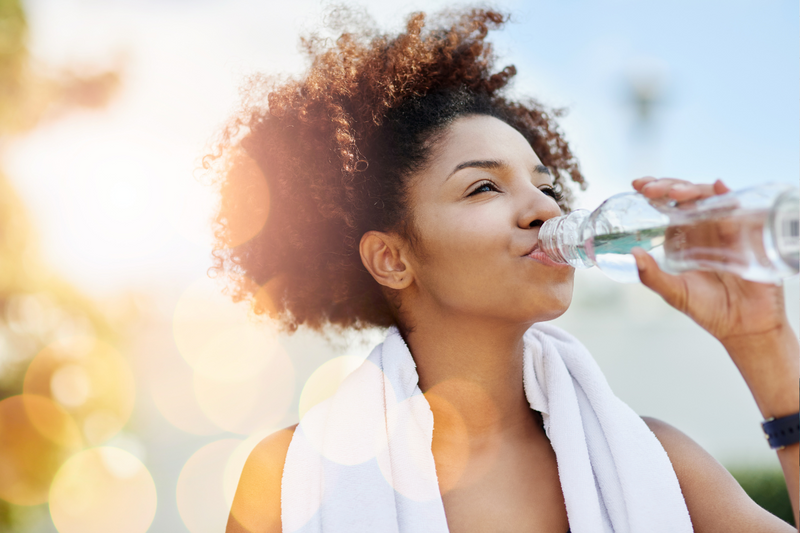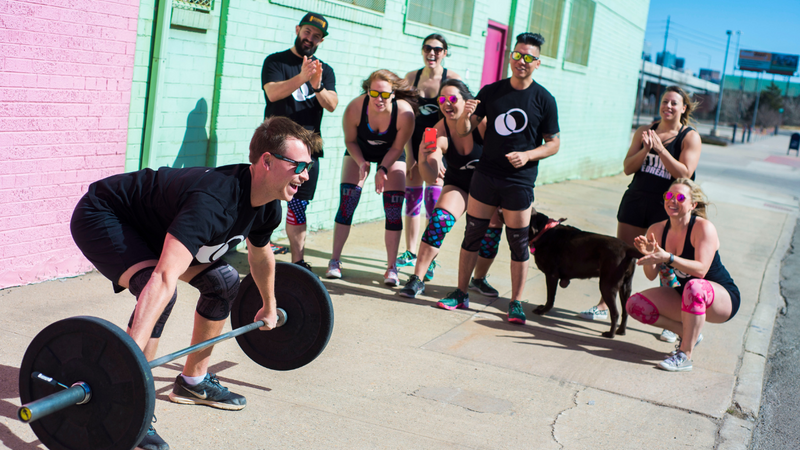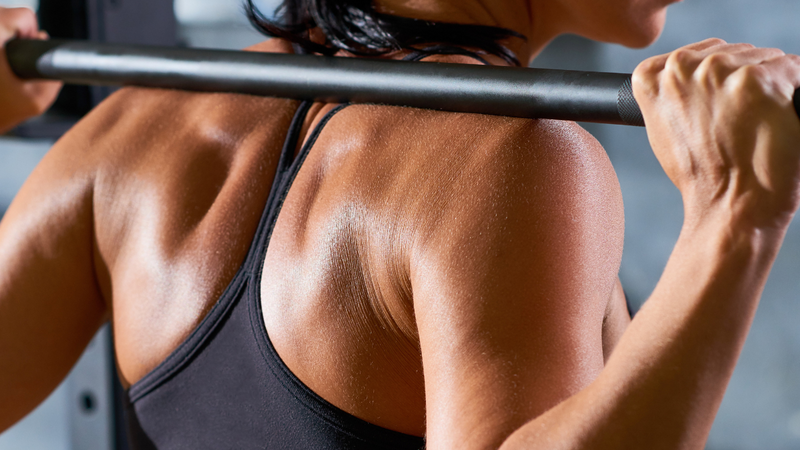By Chelsy Offutt
While we’ve thankfully become more aware of the horrifically fake tactics that print magazines and mass media use to alter people and their authentic images, it seems not everyone is as aware of these, and much more advanced techniques, that are used in today’s social media mandatory world.
Sure, we've all caught that random Kardashian Instagram glitch but between filters, effects, and AI, it’s become nearly impossible to distinguish what is even real anymore. This reminds me of a pretty dated video created by Dove Skincare years ago showing what a photoshoot and model began as versus what the final result was. While the video is years old, the message is even more powerful in today’s digital society.
Think about all the editing and light trick apps that we have at our disposal. Media and brands no longer have to rely on graphic designers or professionals to make these alterations to bodies, faces, shapes, and colors. It makes normal people feel like they will never be loved or accepted by others with natural things like cellulite, stretch marks, and asymmetrical body parts.
These apps can be very damaging as we learn to cover up our own insecurities on social media and even teach ourselves that no one would love and accept us for who we really are. This is why the bodybuilding and even pinup communities are becoming more and more widespread and popular as they embrace strength and body positivity. There is no perfect label for what should be considered "healthy," "beautiful," or "confident."

In a world full of Kardashians, be an Alicia Keys. When Keys was a judge on The Voice she went an entire season without makeup. Talk about using your celebrity status to present a positive message, especially for younger girls. Why won’t others follow her lead? Newscasters get more complaints for their hair, weight, and makeup than they do for their reporting or on-air personas.
Some may scoff that there is no such condition - but it has been scientifically proven and there is even a body dysmorphia test developed by the Body Dysmorphic Disorder Foundation.
We’ve also learned with the most recent whistle-blowing on Facebook and Instagram that proven studies have shown what the platforms are showing is mentally damaging to teenage girls’ body images and what they feel that they have to live up to. Social media is literally the tangible form of comparison which is truly the thief of joy.

It’s easy to argue that comparison and feelings of inadequacy aren’t limited to teenage girls, but this is happening to everyone. A few tips to combat negative self-talk and thought:
- Say something kind to yourself in the mirror every morning
- Write down three things you are grateful for every day
- Think about your favorite features and assets
- Exercise to release some endorphins
- Be gentle with yourself
Do you have other ways you’ve helped work through your body image issues?
If you have any questions or you would like to be a guest blogger, please email us at blog@liftingthedreamblog





0 comments